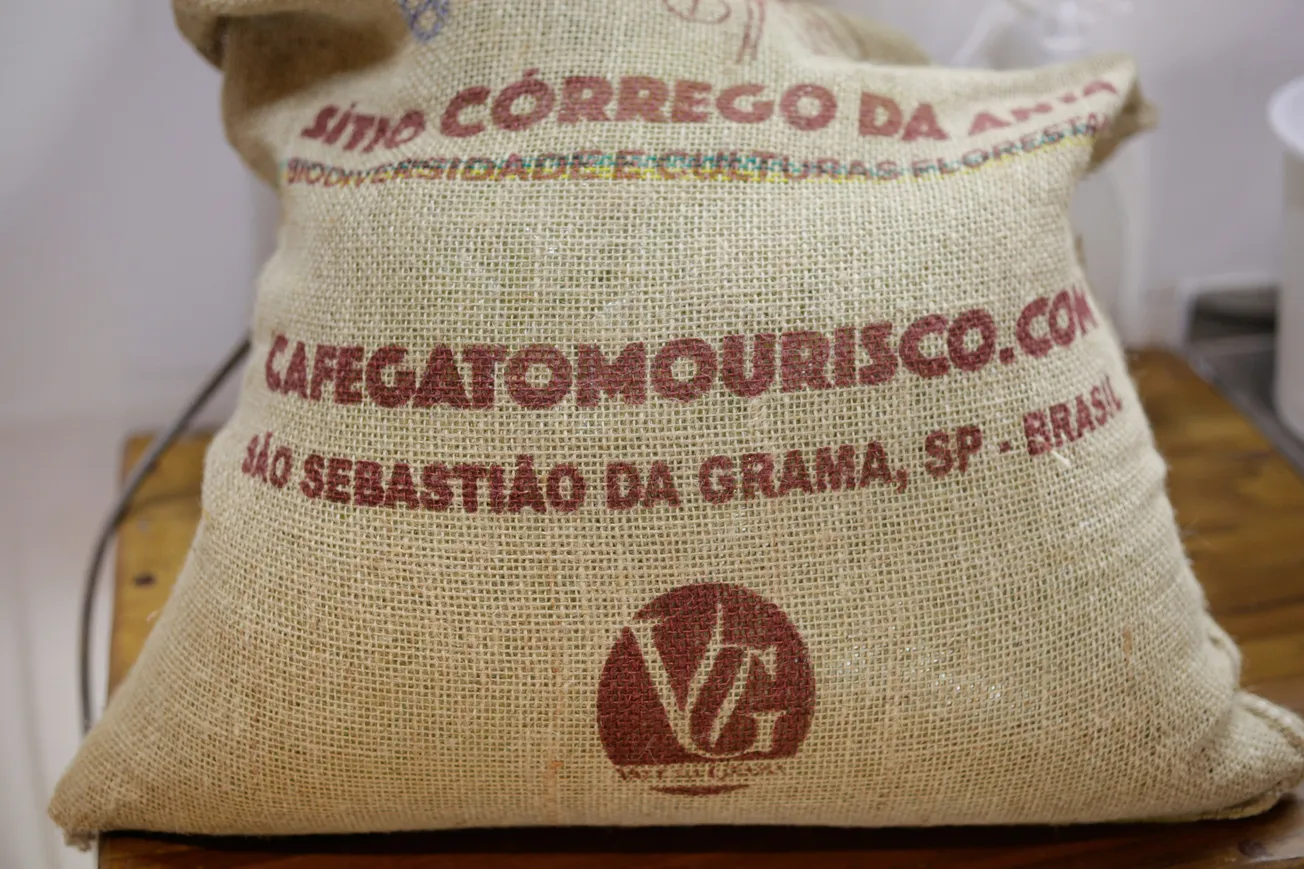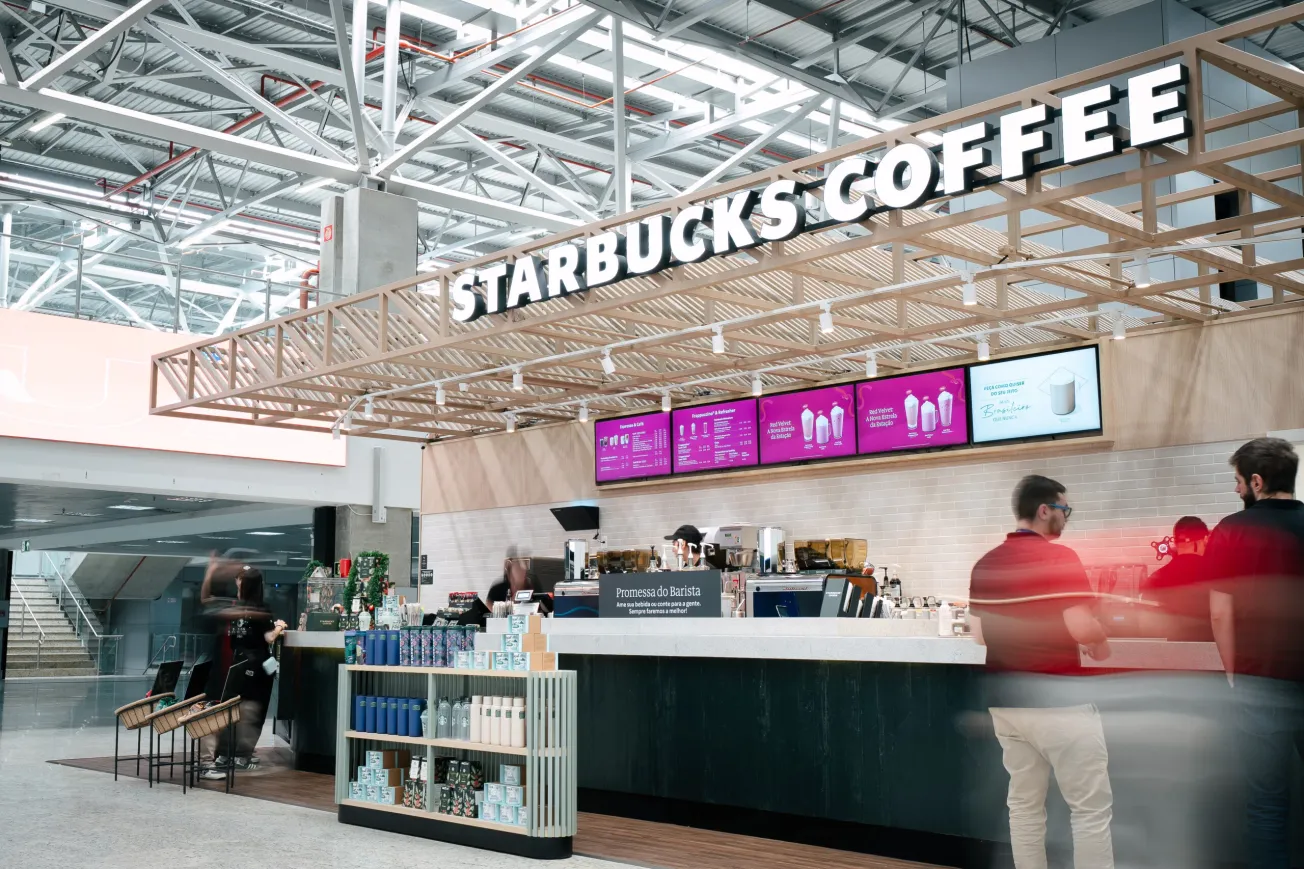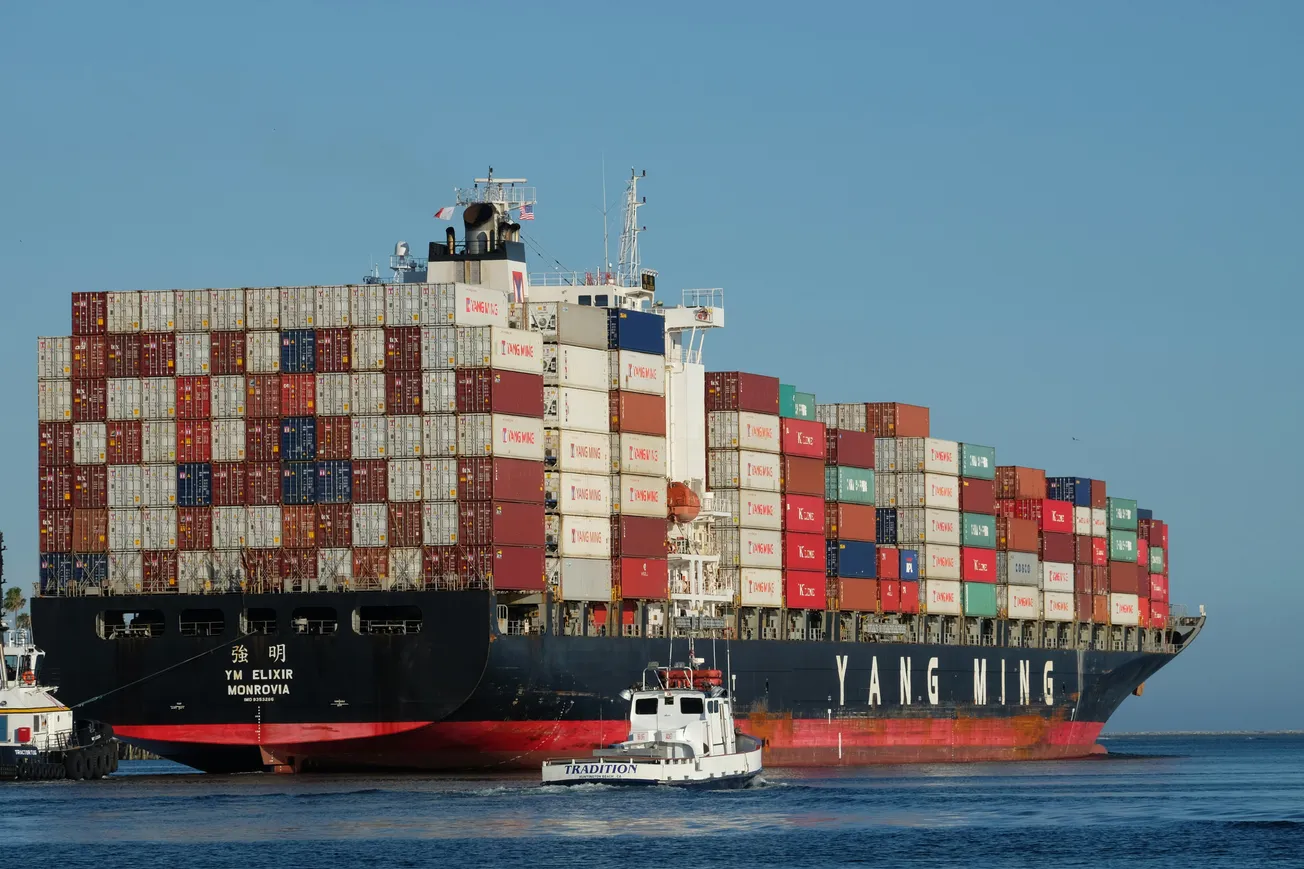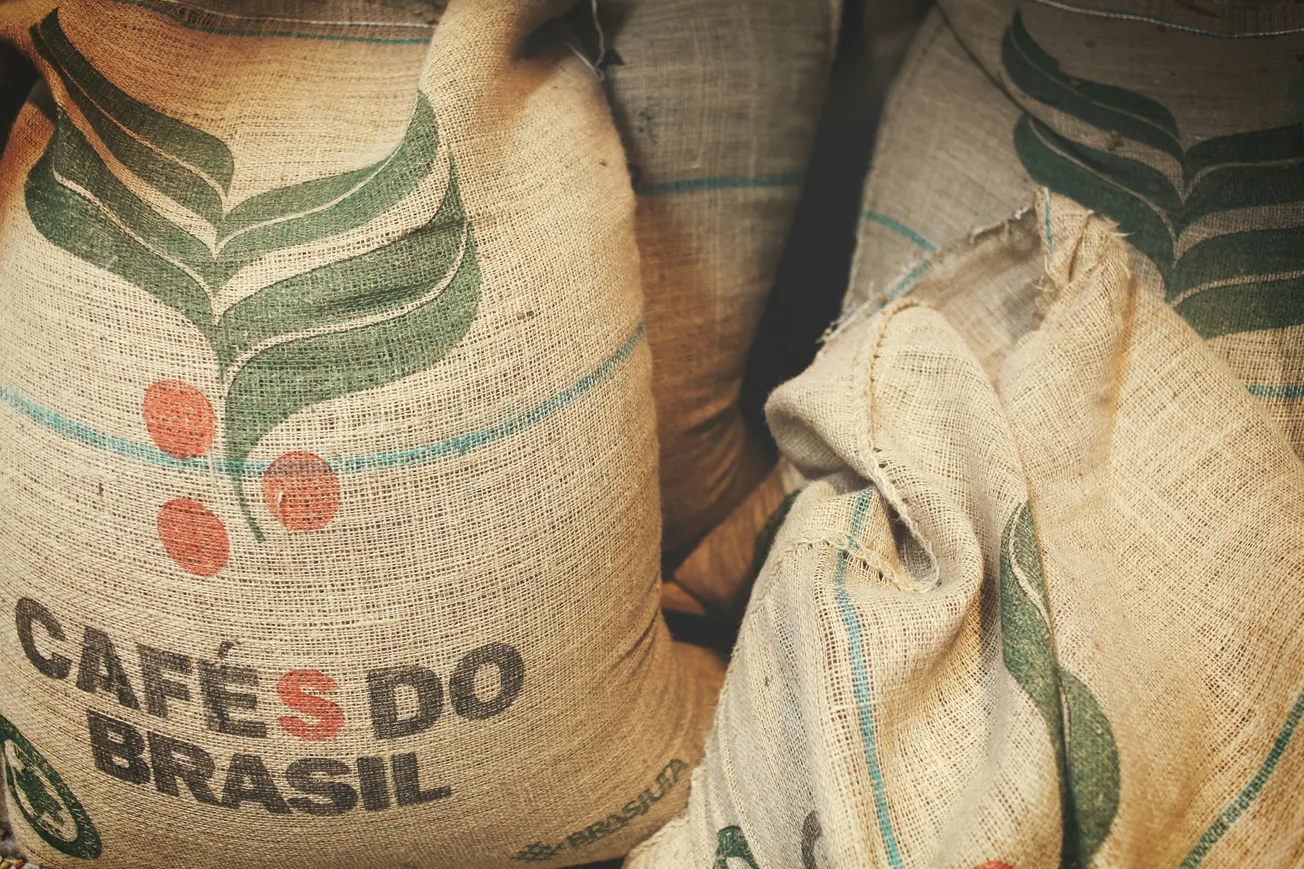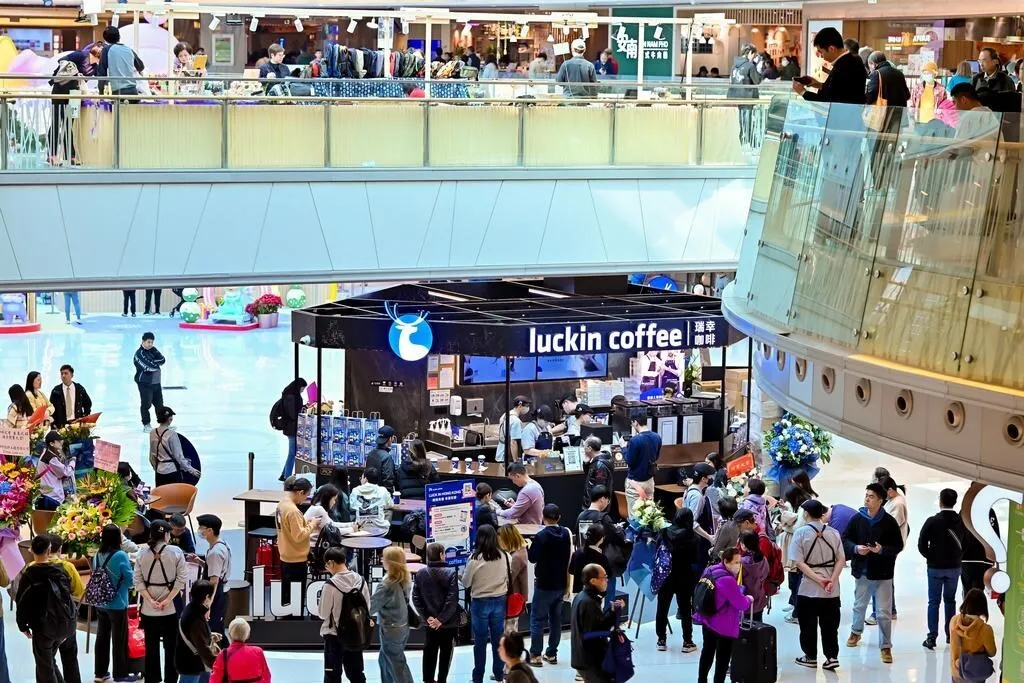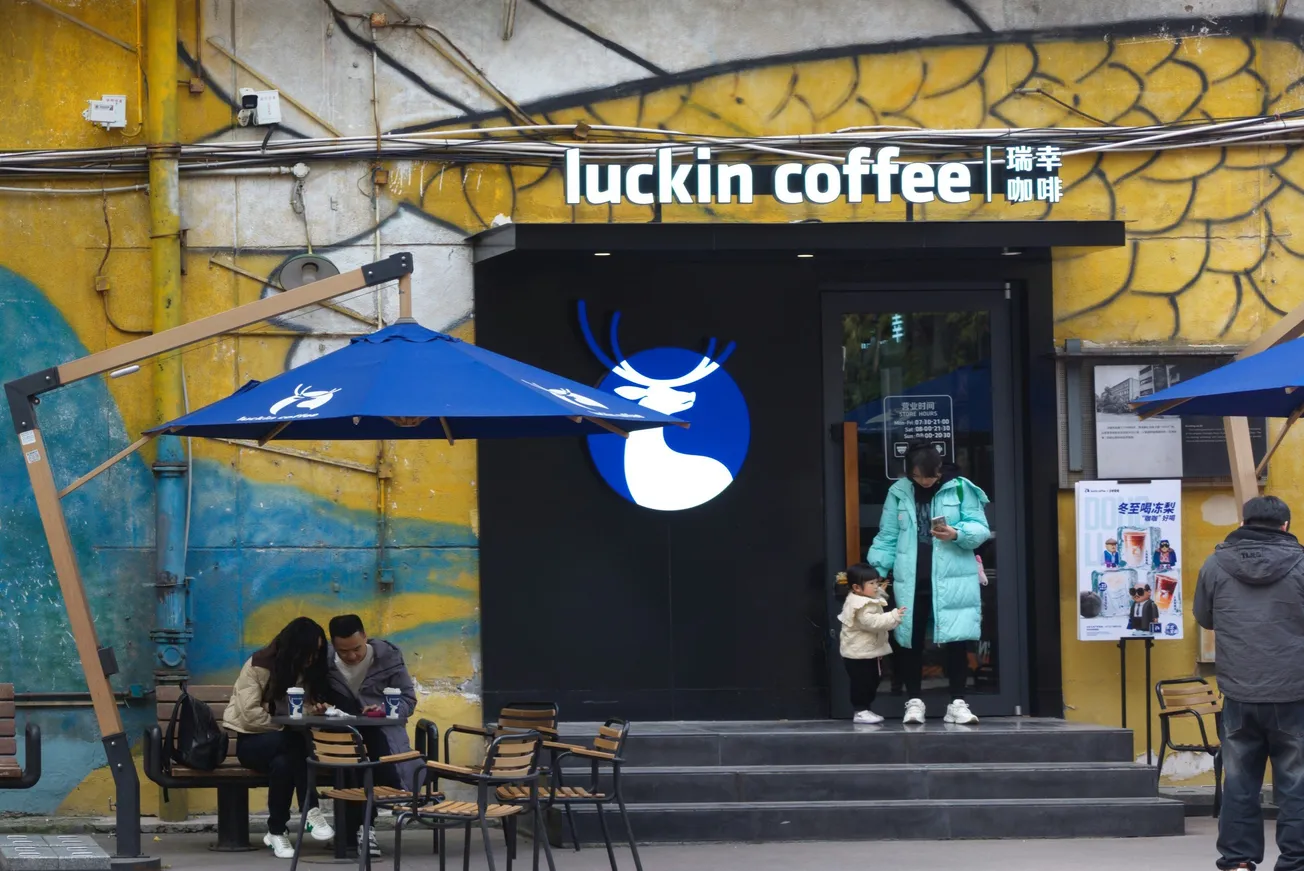Trump’s new tariff on Brazilian imports could see the world’s largest coffee producer lose out on global trade to Vietnam and Colombia
By Cristiana Couto
The announcement of a 50% tariff on Brazilian products, such as coffee exported to the US, effective 1 August 2025, has already impacted the global market and sparked renewed volatility in coffee futures trading.
On 10 July 2025, Arabica futures contracts traded in New York jumped more than 3.5%, closing the day at 1.3%. Although arabica and robusta prices had fallen slightly with expectations of better harvests, the trade tensions now threaten further market volatility.
In a statement released on 10 July 2025, Abic (Brazilian Coffee Industry Association) stated that President Trump’s decision was communicated unilaterally and compromises Brazil’s competitiveness.
“The measure represents a serious setback in trade relations between the two countries, which could generate extremely negative and relevant impacts for the entire Brazilian coffee production chain.”
Announced by Trump in a letter published on the Truth Social network on 9 July 2025, the surcharge is linked to accusations made by the US President that the Brazilian government “attacks freedom of expression” and orchestrates a “witch hunt” against former president Jair Bolsonaro. This, according to market experts, makes the discussion more complex.
Brazil accounts for approximately 30% of global coffee exports and about one-third of US imports. In 2024, the country shipped 8.1 million bags to the US. “With the new tariff, Brazilian coffee loses competitiveness in the US market, as the increased costs for importers tend to favour other producers,” explains Guilherme Morya, a coffee analyst at Rabobank. He believes that countries like Colombia, Honduras, Ethiopia, and Vietnam, with lower tariffs, should benefit from the new arrangement, especially in a context of tight global supplies.
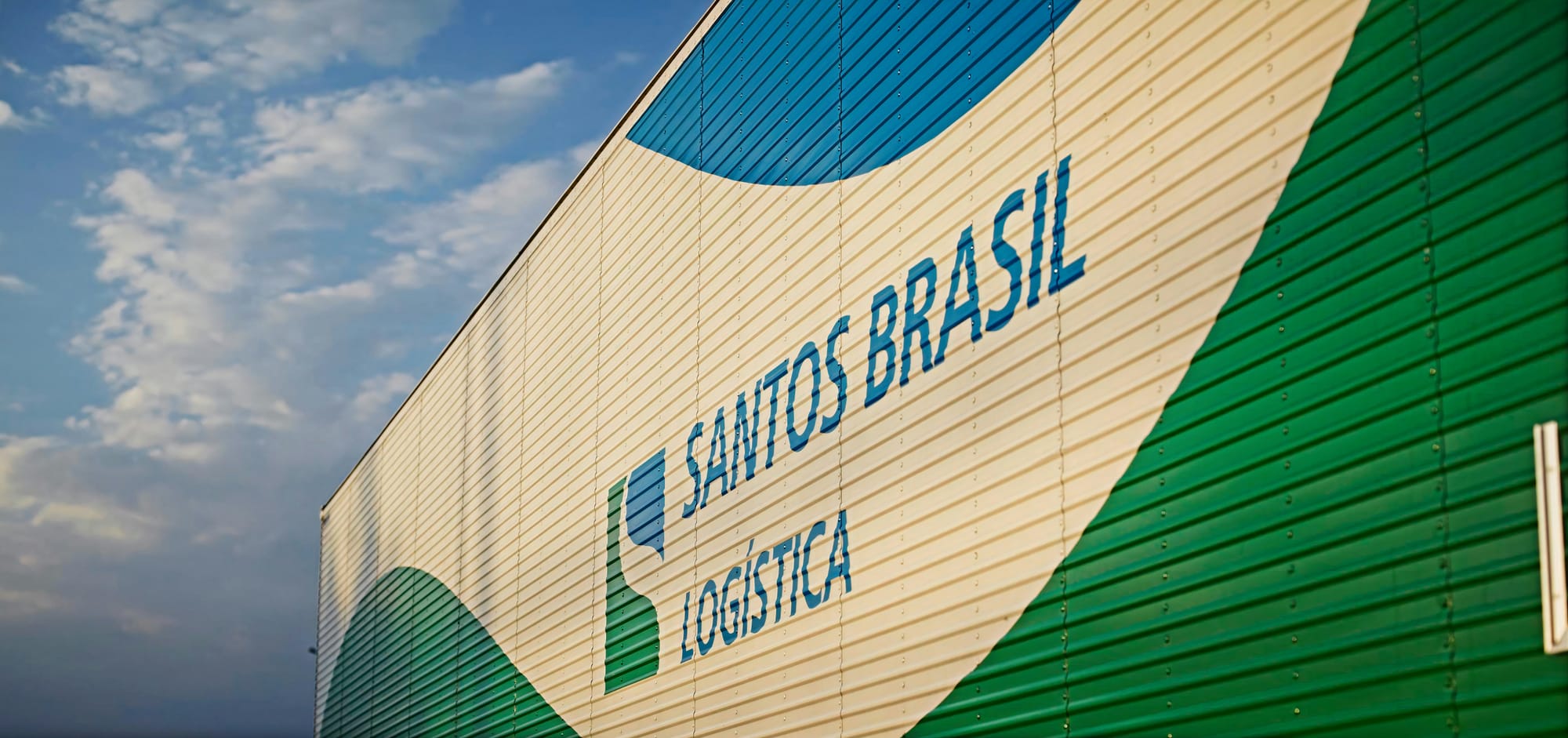
Analysts say it’s still too early to assess the long-term effects of the new tariff. “We will have to wait in the coming days and observe the consequences of the imposition of a tax that disrupts and punishes the centuries-old coffee trade between Brazilians and Americans,” Eduardo Carvalhaes, of the Carvalhaes Office, wrote in his daily newsletter about the imposition, which he considers “technically incomprehensible.”
“It’s a decision that has no winners. American importers of our coffee will certainly work with us to try to reverse this harmful decision for Brazilian coffee growers and American consumers,” he added.
Indeed, the measure could reduce American demand for Brazilian beans (the US consumes around 24 million bags of coffee annually).
“Despite the recent drop in prices, consumption remains pressured by inflationary and economic factors. A 50% increase in costs could worsen this situation, making coffee a less affordable product for the end consumer,” Morya analyses.
“We know that the one who will be burdened is the North American consumer, and anything that impacts consumption is bad for the flow of trade, bad for industry, and bad for the development of producing and consuming countries,” said Marcos Matos, General Director of Cecafé (Brazilian Coffee Exporters Council), who is closely following the discussions on the new tariffs.
Matos emphasises that coffee generates significant wealth for the US, adding value to the product during the industrialisation process. Coffee accounts for 1.2% of the US GDP and supports 2.2 million jobs in the country. For every $1 of imported coffee, $43 is generated in the American economy.
“It will be crucial to observe whether the tariff is fully implemented and how long it remains in effect, as it could reconfigure international coffee trade flows, impacting producers, exporters, and consumers. We hope that common sense will prevail,” adds Matos.


